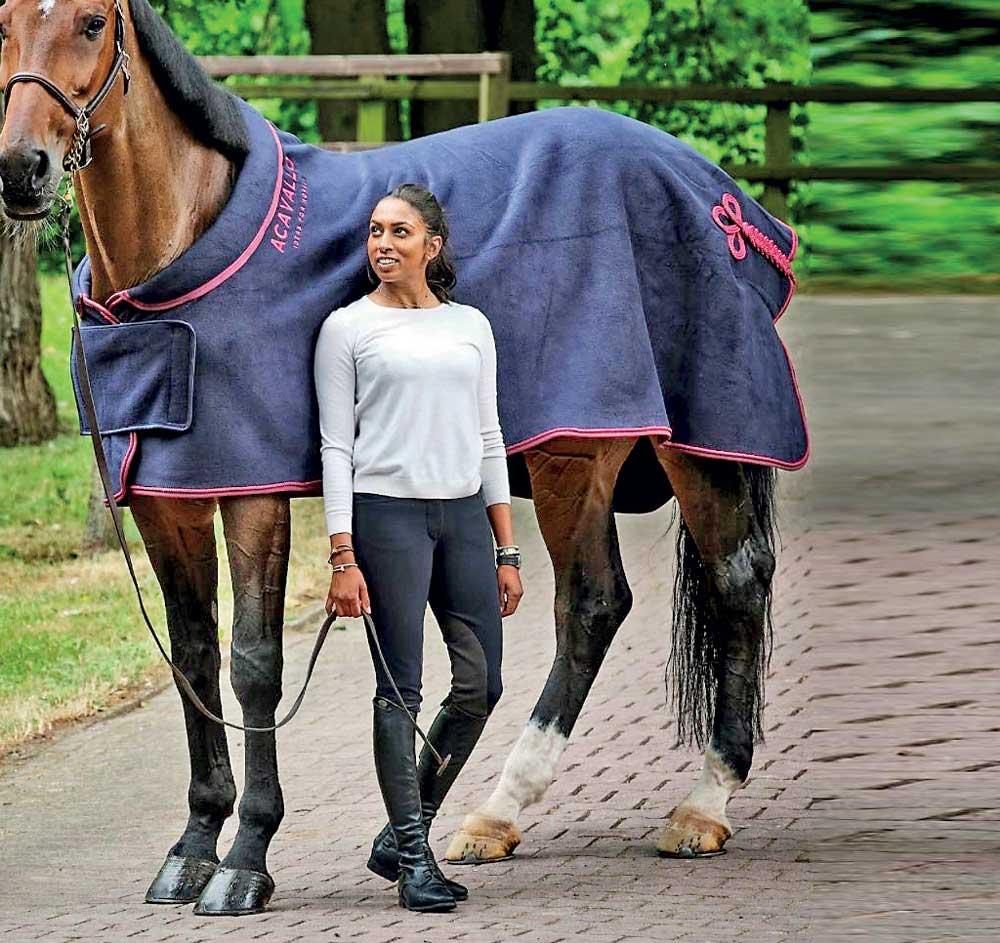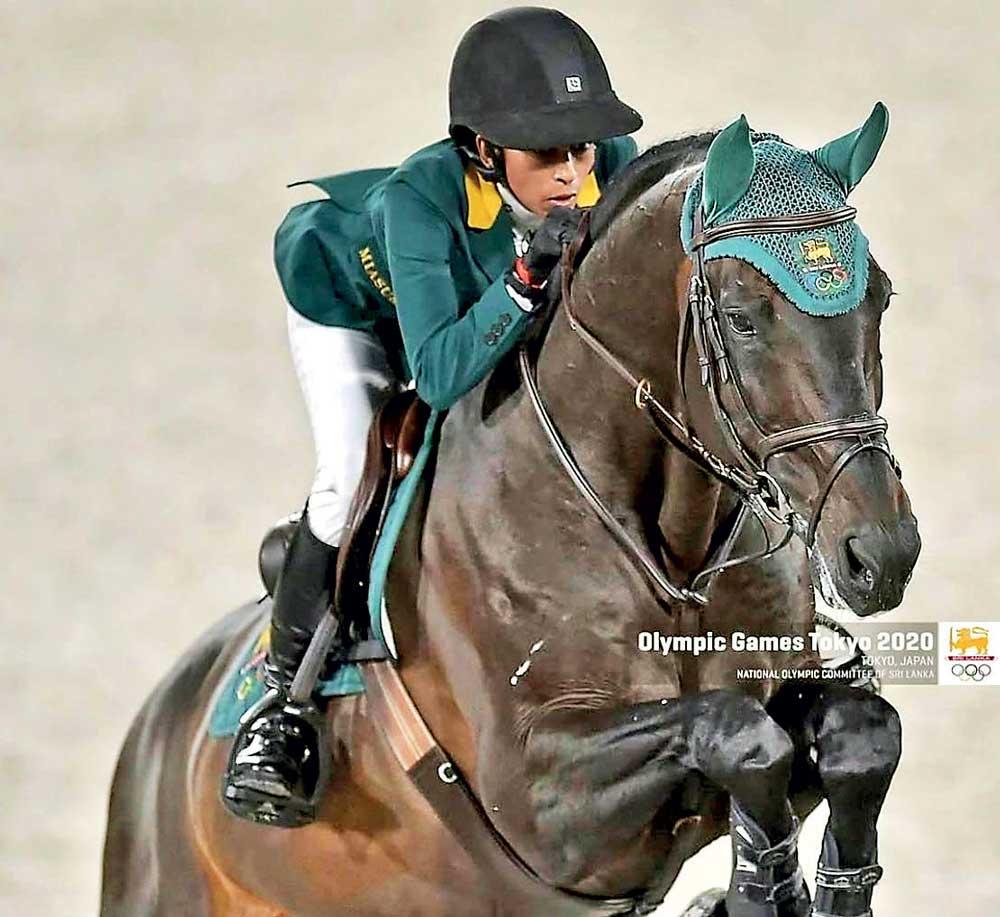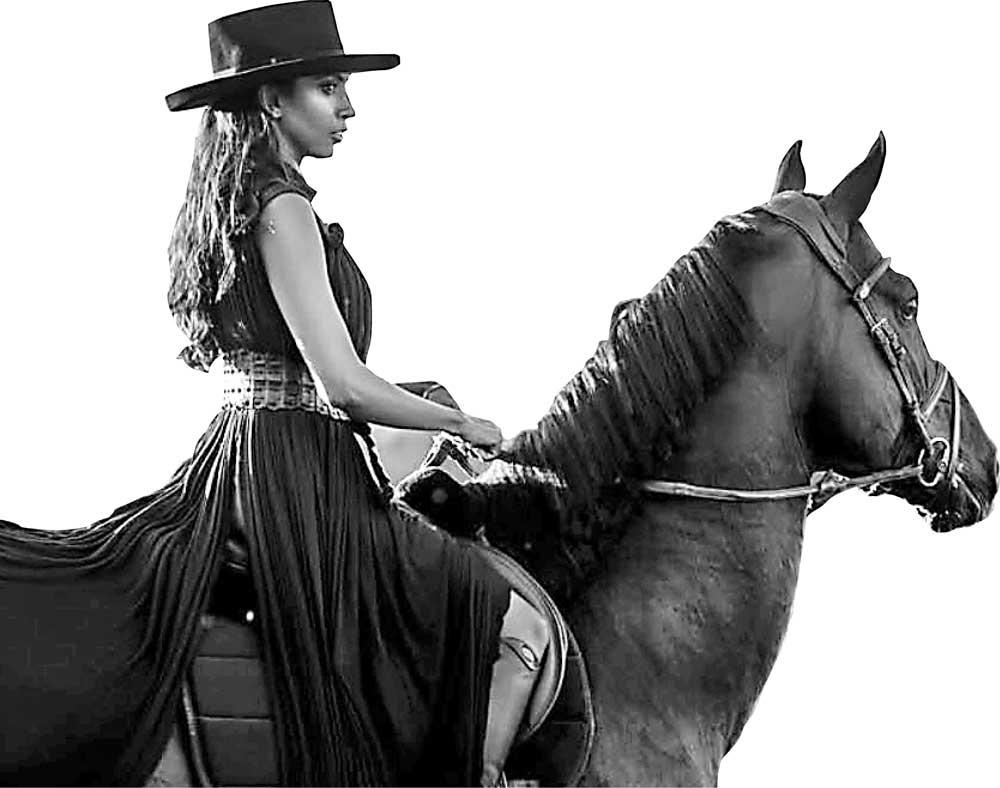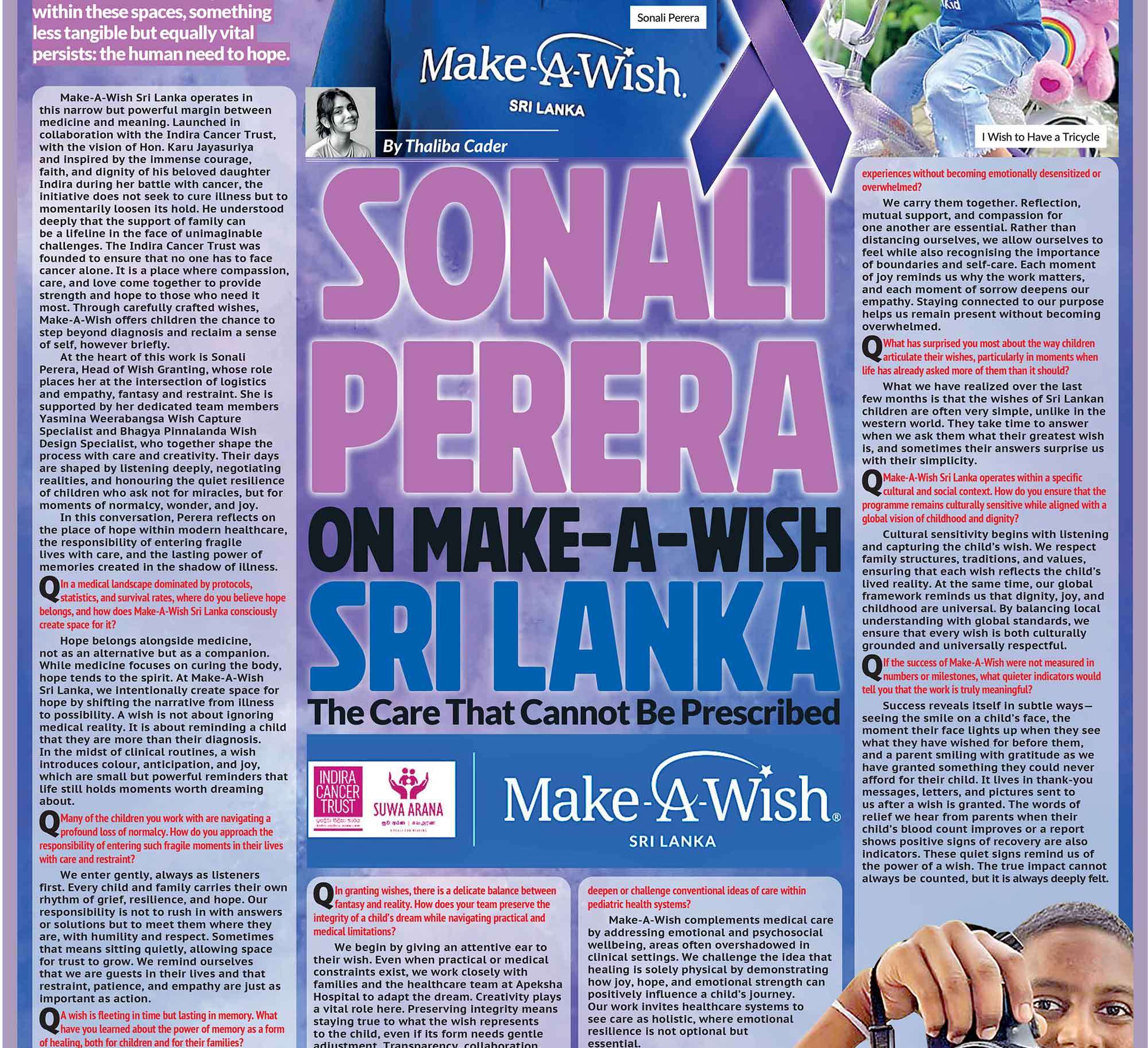

- I was born in Sri Lanka and adopted into a loving Swedish family. When I returned to Sri Lanka for the first time in 2017, it was a deeply emotional experience, I felt an overwhelming sense of pride and belonging.
Qualifying was one of the most demanding periods of my career. In 2019, I competed for 44 weeks, it was physically and mentally exhausting.

1.
Welcome to the second edition of Athlete’s Spotlight on Raise The Bar.
Have you ever wondered what it truly takes to qualify to represent your country on the global stage? To rise above the rest, an athlete must go beyond the ordinary, and that’s exactly what Mathilda Karlsson has done. As the first-ever equestrian to represent Sri Lanka at the Olympic Games, she has defied expectations and paved a new path in sport. In this exclusive interview, Mathilda shares her remarkable journey:
Growing up in Sweden with horses as her closest companions
Reconnecting with her birth country and the emotional decision to switch national allegiance
The challenges and triumphs of qualifying for the Tokyo Olympics
Her bond with Chopin VA and vision for Sri Lanka’s equestrian future
Join us as we explore a story of passion, purpose, and perseverance from an athlete who turned her heritage into history.
2.
Q What inspired you to switch your national representation from Sweden to Sri Lanka?
I was born in Sri Lanka and adopted into a loving Swedish family. When I returned to Sri Lanka for the first time in 2017, it was a deeply emotional experience, I felt an overwhelming sense of pride and belonging. That visit changed everything. I knew I had to represent this beautiful island that shaped who I truly am. It was my way of connecting with my roots and hopefully inspiring others in Sri Lanka to take an interest in equestrian sport.
Q How did your upbringing in Sweden shape your equestrian career?
Sweden has a structured and respected equestrian system. It gave me discipline and access to excellent training. I started riding at a small school, and while many of my peers moved on, my love for horses only deepened. That environment taught me to care for horses beyond the saddle, and that emotional bond has been central to my success.
Q What did you feel when you first competed for Sri Lanka at the 2018 Longines Global Champions Tour in Monaco?
It was incredibly moving. Seeing the Sri Lankan flag next to my name filled me with pride. It felt like I was finally representing my true identity. It wasn’t just another competition; it was a homecoming.
Q What does representing Sri Lanka mean to you, both personally and professionally?
Everything. Personally, it’s about reclaiming my heritage. Professionally, it’s a tremendous responsibility and honour. I hope to open doors for others and show that anything is possible.
3.
Q What challenges did you face in qualifying for the Tokyo 2020 Olympics, and how did you overcome them?
Qualifying was one of the most demanding periods of my career. In 2019, I competed for 44 weeks, it was physically and mentally exhausting. I was constantly on the road, pushing myself to the limit. But I learned invaluable lessons about pacing, strategy, and resilience. Competing for that one spot against the world’s best riders was intense, but it made me stronger and more determined to represent Sri Lanka on the Olympic stage.
Q What did your Olympic training program involve?
It was highly structured and multifaceted, rigorous physical conditioning, daily riding routines with Chopin, and dedicated mental preparation. I worked closely with a team of veterinarians, trainers, and support staff to manage every detail, from fitness to recovery. Our goal was to build unwavering trust, consistency, and confidence between me, my horse, and my team.
Q How did you feel about your performance at the Olympics?
It was the proudest moment of my life. Just being there and representing Sri Lanka was a dream come true. Of course, every athlete wants to perform at their peak, but for me, it was about what it represented, a new chapter in Sri Lanka’s sporting history.

4.
Q What lessons did you take away from your Olympic debut?
That mental strength is as important as physical ability. I also learned how vital it is to have the right team and support system. Every failure is simply feedback for growth.
Q Can you describe your partnership with your horse, Chopin VA?
Chopin VA is my ‘once-in-a-lifetime’ horse. He was born in my stable, and I raised him from day one. He’s a powerful Holsteiner stallion with a gentle, intelligent soul. Our bond is built on years of trust and mutual respect. In the ring, he gives his all, not because he has to, but because he wants to. That kind of partnership is rare and deeply meaningful.
Q What steps are necessary to grow equestrian sports in Sri Lanka?
We need infrastructure, education, and access. People need to see and understand the sport. That means more stables, horses, qualified coaches, and media exposure.
Q What are you doing to help establish a Sri Lankan equestrian team?
I’m actively involved in long-term development through mentorship programs, training clinics, and early-stage team formation. I believe in a holistic approach, supporting young talent while also engaging in policy-making and strategic planning to create a sustainable future.
Q How can the equestrian community in Sri Lanka support young riders?
Through training, sponsorship, and encouragement. Help them believe they belong on international stages. Community and access are everything.
Q At what age did you start riding?
I began riding at age seven in Sweden.
Q How many horses do you currently own?
Seven.
QWhat breed is Chopin VA?
He’s a Holsteiner stallion.
Q How old is Chopin VA now?
He’s 16 years old.
Q What’s a typical day like for you in Germany?
Early mornings in the stables, training multiple horses, followed by team meetings, administrative work, and fitness. I end my day reconnecting with my horses, that’s what grounds me.
Q How do you balance training, competition, and running your equestrian business?
Through a disciplined schedule and a strong support team. I also take time off when needed to focus on philanthropy or business restructuring.
Q What advice would you give to aspiring equestrians in Sri Lanka and beyond?
Work hard. Be humble. Ask for help. Build a deep connection with your horse. Believe in yourself, your horse will mirror your emotions
5.
Q What was it like meeting your birth mother in Sri Lanka?
It was one of the most emotional moments of my life. A piece of me that had been missing was finally found.
Q Have you always wanted to explore your Sri Lankan roots?
Yes, but I didn’t realize how powerful and emotional it would be.
QWhat do you enjoy most about Sri Lanka?
The people, the food, and the energy. It feels like home in the best possible way.
QWhat’s your favourite Sri Lankan meal?
Chicken biryani - every time.










